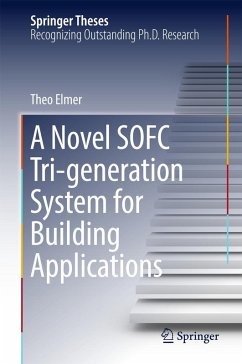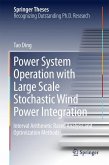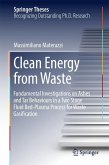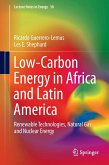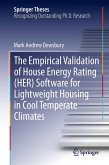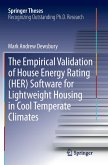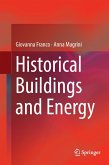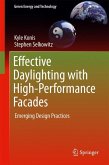The thesis has critically examined, both theoretically and experimentally, a novel tri-generation system concept - with encouraging system performance demonstrated. The thesis establishes the significant potential of the novel tri-generation system in providing effective built environment decarbonisation through decentralised generation; strengthening the case for a future hydrogen economy.
In response to the critical need to decarbonise the built environment, alternative methods for more effective energy utilisation need to be explored including tri-generation systems. The thesis presents the design, development and testing of a novel proof-of-concept tri-generation system based on solid oxide fuel cell (SOFC) and liquid desiccant air conditioning technology to provide electricity, heating and cooling to building applications. No previous work has been reported on such a system. The theme of the work sits within the topics of low-carbon and sustainable energy technologies, building services and low carbon building applications.
In response to the critical need to decarbonise the built environment, alternative methods for more effective energy utilisation need to be explored including tri-generation systems. The thesis presents the design, development and testing of a novel proof-of-concept tri-generation system based on solid oxide fuel cell (SOFC) and liquid desiccant air conditioning technology to provide electricity, heating and cooling to building applications. No previous work has been reported on such a system. The theme of the work sits within the topics of low-carbon and sustainable energy technologies, building services and low carbon building applications.

